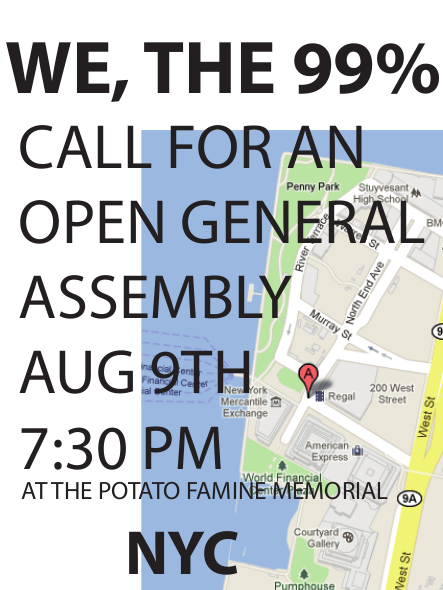FDR's 1944 State of the Union Address, better known as the Second or Economic Bill of Rights
Posted 14 years ago on Aug. 20, 2011, 8:36 a.m. EST by agnosticnixie
In 1944, for his state of the union address, president Franklin D. Roosevelt presented a social and economic program which would have expanded on the original bill of rights. Most of it was a radio address, as he had the flu, but part of it was filmed (the footage was found recently). Similar programs are found in modern constitutions, and part of it would inspire the universal bill of rights. Obviously, it didn't pass. FDR would die barely a year later, and this would die with him. Their inspiration can be found in the writings of enlightenment philosophers, already, but also in early socialist thought, up to the current day.
As an example, the language and the rights used could be found in the principles of the old french socialist party, who had formed the government before WW2, and whose principles would end up being part of the preambles of the 4th and 5th republics' constitutions, but also in the, admittedly symbolic, soviet constitution of 1936. These sentiments were repeated in the modern constitutions of Peru, Spain, Finland, Ukraine, Romania and Bulgaria.
The speech
It is our duty now to begin to lay the plans and determine the strategy for the winning of a lasting peace and the establishment of an American standard of living higher than ever before known. We cannot be content, no matter how high that general standard of living may be, if some fraction of our people—whether it be one-third or one-fifth or one-tenth—is ill-fed, ill-clothed, ill-housed, and insecure.
This Republic had its beginning, and grew to its present strength, under the protection of certain inalienable political rights—among them the right of free speech, free press, free worship, trial by jury, freedom from unreasonable searches and seizures. They were our rights to life and liberty.
As our nation has grown in size and stature, however—as our industrial economy expanded—these political rights proved inadequate to assure us equality in the pursuit of happiness.
We have come to a clear realization of the fact that true individual freedom cannot exist without economic security and independence. “Necessitous men are not free men.”[2] People who are hungry and out of a job are the stuff of which dictatorships are made.
In our day these economic truths have become accepted as self-evident. We have accepted, so to speak, a second Bill of Rights under which a new basis of security and prosperity can be established for all—regardless of station, race, or creed.
Among these are:
The right to a useful and remunerative job in the industries or shops or farms or mines of the nation;
The right to earn enough to provide adequate food and clothing and recreation;
The right of every farmer to raise and sell his products at a return which will give him and his family a decent living;
The right of every businessman, large and small, to trade in an atmosphere of freedom from unfair competition and domination by monopolies at home or abroad;
The right of every family to a decent home;
The right to adequate medical care and the opportunity to achieve and enjoy good health;
The right to adequate protection from the economic fears of old age, sickness, accident, and unemployment;
The right to a good education.
All of these rights spell security. And after this war is won we must be prepared to move forward, in the implementation of these rights, to new goals of human happiness and well-being.
America's own rightful place in the world depends in large part upon how fully these and similar rights have been carried into practice for all our citizens.
For unless there is security here at home there cannot be lasting peace in the world.

